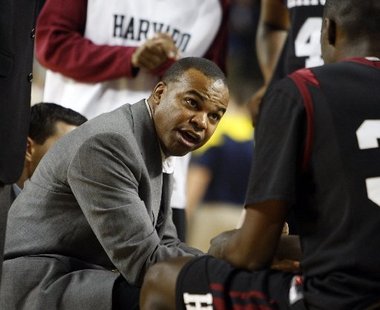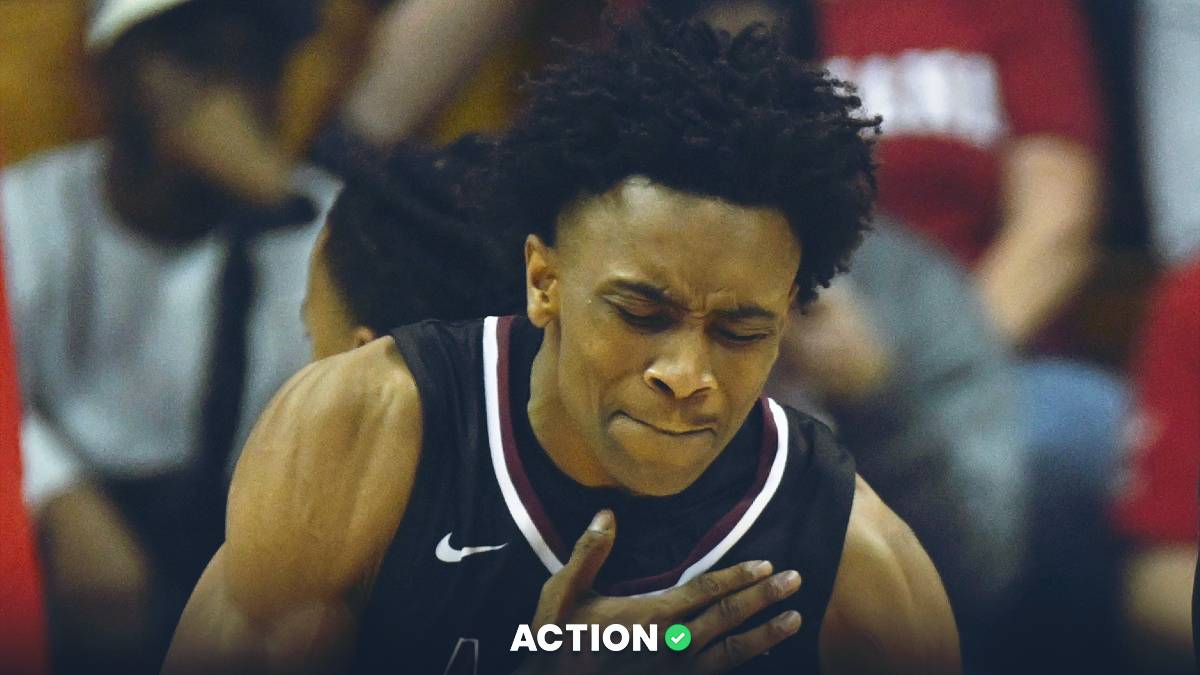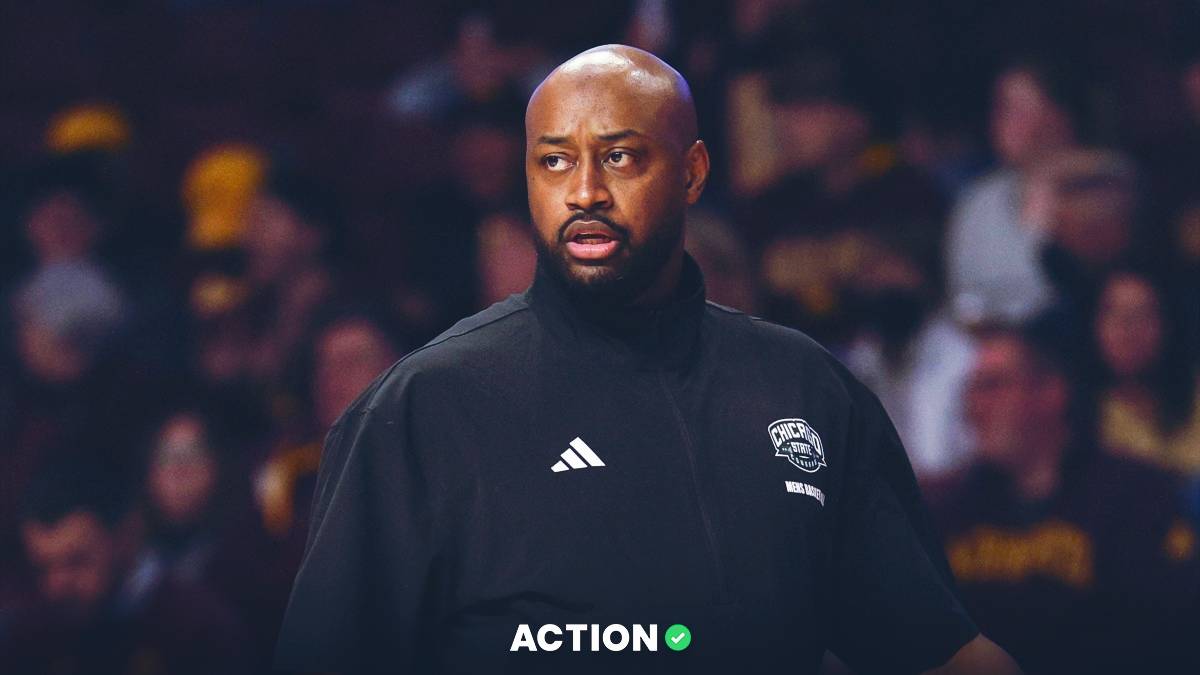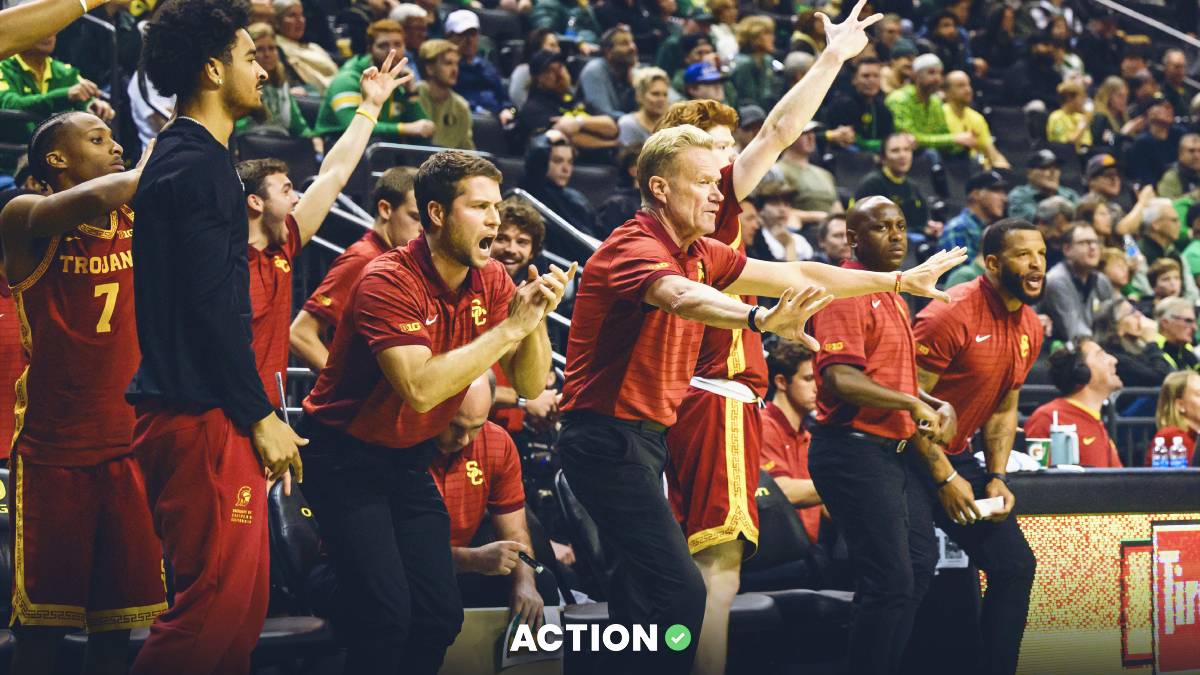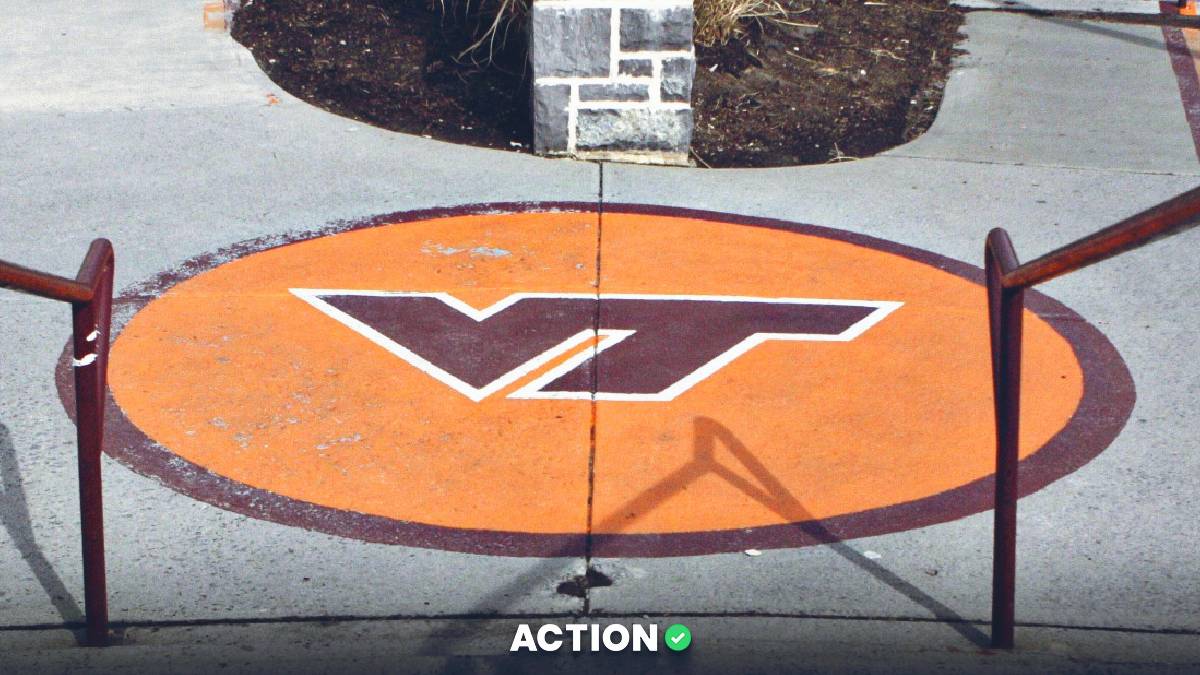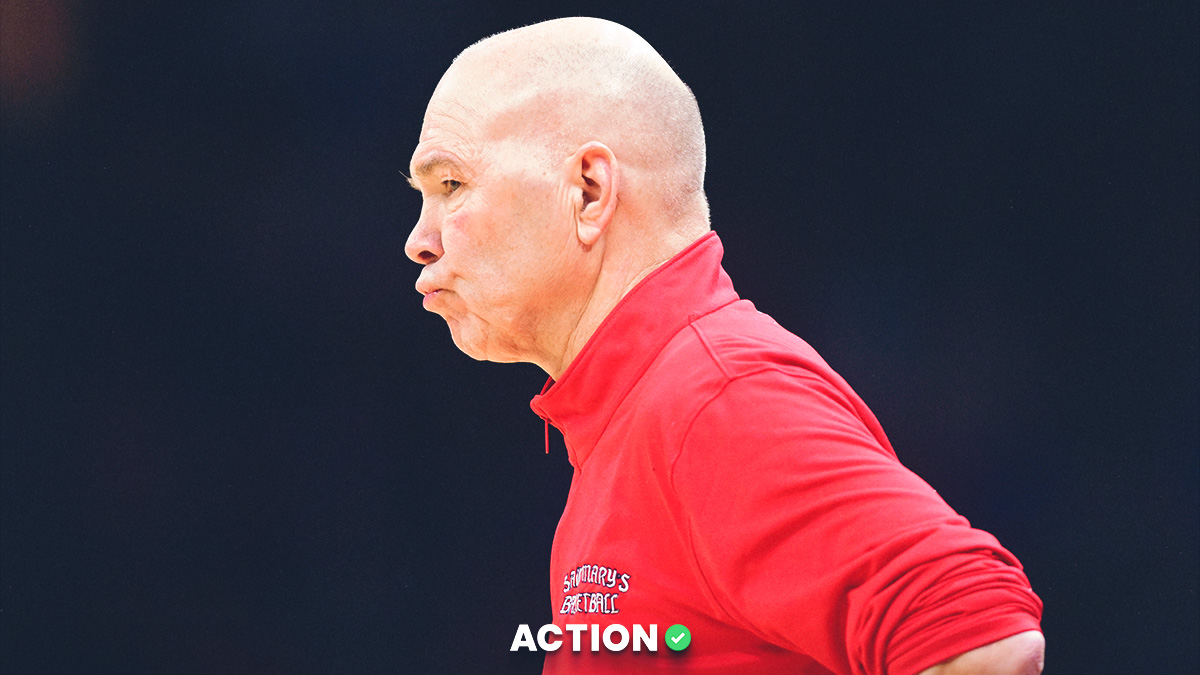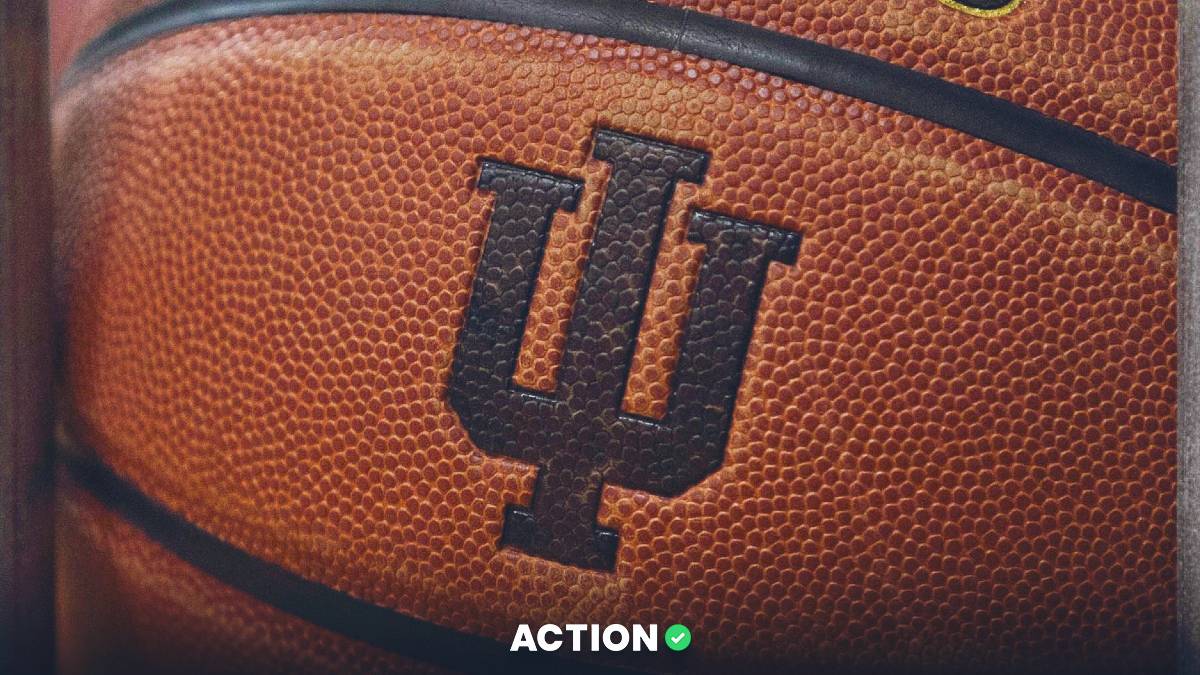1. Unless you're a staunch member of the old guard, you have to consider the first year of the Ivy tournament a smashing success. The four-team tournament is a perfect compromise, as it maintains intrigue in the regular season.
2. Tommy Amaker's Harvard squad has laid a bit low the past few seasons, but his stellar freshmen class from a year ago appears poised to regain the Ivy title.
3. Yale and Princeton aren't going anywhere, especially with the Bulldogs returning Makai Mason this season.
4. Penn should be able to build upon last year's top-four finish in Steve Donahue's third season. It also helps that the Palestra is the site of the tournament, should the Quakers return.
5. Cellar dwellers Cornell and Dartmouth return Matt Morgan and Evan Boudreaux, respectively. They were the league's top two scorers last season, and the back end of the league should be more competitive as a result.
PREDICTED ORDER OF FINISH:
1. Harvard– Tommy Amaker's squad was the 18th-youngest team in the country last year, and it took him quite a bit of time to stumble on a rotation that worked. Ultimately, it was a mostly four-guard alignment that could run his high ball screen motion offense, and the second half of the Ivy season saw the Crimson excel offensively, averaging 1.14 points per possession over their final eight games compared to one point per possession over their first five Ivy games. That lineup exacted a fairly significant toll on Harvard's defensive rebounding, however, which is usually a strong suit for an Amaker team, but it certainly paid dividends on the offensive end. Point guard Bryce Aiken heads up the talented sophomore class that gained a significant amount of experience and confidence last year as freshmen thrust into pivotal roles. Aiken has a quick first step and is perfect at the top of Amaker's ubiquitous motion offense. Seth Towns is another sophomore poised for a massive jump. At 6-foot-7, he was a mismatch for opposing 4s in Amaker's smaller lineup because of his versatility on the perimeter. Towns is an excellent instinctual defender, but has to reduce his fouls and be more consistent on the glass. Towns is a sneaky pick for Ivy Player of the Year. Sharpshooter Corey Johnson returns on the wing as Aiken's primary penetration outlet, while his counterpart Justin Bassey provides Amaker with outstanding perimeter defense. Tommy McCarthy and top incoming recruit Rio Haskett provide backcourt depth for this season. The frontcourt is highlighted by Chris Lewis, yet another sophomore poised for a breakout season. He's not incredibly refined with his post maneuvers, but he's efficient around the rim and a plus rim protector and rebounder with a big frame. Chris Egi and Robert Baker are arguably the most talented players on the Crimson roster, but Egi is mostly valuable for his senior leadership and Baker showed flashes of brilliance in March. He could be a lethal weapon as a 6-foot-10 floor stretcher if his development continues. Given how the Harvard freshmen class came together offensively down the stretch last year, it's hard to imagine a team with a higher ceiling coming into this season, especially if Towns' projected massive leap comes to fruition.
2. Yale– Yale's backcourt has the potential to make my Harvard pick look incredibly silly. Makai Mason returns from a broken foot (the fact he needed a second surgery this summer is more than a touch worrisome), and he singlehandedly can lead Yale to the top of the Ivy. But James Jones, the dean of Ivy coaches in his 19th year at the helm in New Haven, has Mason surrounded by a ton of talent on the wing and an underrated running mate in the backcourt in Alex Copeland. The pressing concern I have with this team however is the frontcourt. Last year's Yale squad allowed opposing offenses to score at a greater than one point per possession clip for just the second time in the past seven years. Last year's Yale team was also middle of the pack in terms of defensive rebounding rate, a category James Jones' teams typically dominate. Jones has a pair of solid freshmen coming in to bolster the frontcourt in Wyatt Yess and Paul Atkinson, and uber-talented sophomore big Jordan Bruner should be ready for a big year if his knee is 100 percent. With a backcourt that returns Mason, Copeland and defensive whiz Trey Phills, paired with a wing corps that features major breakout candidate Miye Oni and 6-foot-7 shooter Blake Reynolds, Jones really just needs a modicum of production from the newcomers in the frontcourt. That said, the Bulldogs are generally a two-big man, post-oriented scheme under Jones. It will be interesting to see what adjustments he makes with the return of Mason making his backcourt the undeniable strong suit of the team this year.
3. Princeton– Clearly the Tigers aren't going to run the table again this year, but the dropoff shouldn't be as significant as some prognosticators seem to think. Mitch Henderson still doesn't have a proven frontcourt, but he was just fine with a five-guard lineup for much of last season, especially since a defender like Myles Stephens (the reigning Ivy Defensive Player of the Year) makes up for a lot of the perceived lack of height. While Henderson still very much utilizes the traditional Princeton offense, he's added a wrinkle where his versatile cadre of perimeter shooters quickly exploit any defensive switching mismatches by putting the ball on the floor. That said, the Tigers still led the league in 3-point attempt rate, of course. While Stephens returns along side lethal shooter Devin Cannady and instant energy Amir Bell (who really embraced a bench role last year), the losses of Spencer Weisz and Steven Cook are quite significant. Talented freshmen Jerome Desrosiers and Sebastian Much will be relied on sooner rather than later to fill those voids. The frontcourt of Alec Brennan and Will Gladson is solid if unspectacular, but they know the offense and are comfortable with their roles.
4. Penn– While Princeton ran the table and won the inagural Ivy tournament, Penn was a big winner as well. Imagine an Ivy team losing their first six league games and ultimately being just a few Princeton offensive rebounds away from playing for a trip to the NCAA Tournament before the introduction of the four-team playoff. So what changed for Steve Donahue's squad that allowed them to finish league play 6-2 after that 0-6 start? Simply put, the play of two freshmen, Ryan Betley and Devon Goodman. Betley suffered a broken hand early, but recovered to discover his perimeter stroke when it mattered, and Goodman really picked up on Donahue's "three true outcomes" offensive system. The play of Betley and Goodman was particularly key as Ivy coaches got tape on stud frontcourt freshman AJ Brodeur, who had been absolutely dominant in nonconference play. This year, I fully expect Donahue to try to stretch out Brodeur, which means the play of Max Rothschild at the 5 will be particularly key. Rothschild proved to be a competent passer, which is key in Donahue's offense. If you're a big in that offense and you don't have position within two feet of the rim when you get the ball, you have to kick it out immediately. With Goodman, Darnell Foreman and the return of Antonio Woods, Donahue has three point guards on his roster, and he's likely to play all three at the same time for stretches. Of the incoming freshmen, Jarrod Simmons is the most likely to see minutes because of his ability to help on the glass. Penn will continue to build in Donahue's third year back in the Ivy, but it's difficult to envision them cracking the Big Three.
5. Cornell– Big Red is poised to make the biggest leap in the Ivy, as Brian Earl's second season at the helm should see a full integration of the Princeton offense. Earl inherited a roster built by Bill Courtney to press and run in transition, which runs fairly antithetical to Earl's system. Thus, Cornell struggled as Earl was really only able to implement certain aspects of the Princeton scheme. With the league's leading scorer returning to the backcourt in Matt Morgan and a big who seemed to pick up Earl's offense quickly (an absolute necessity in the Princeton) in Stone Gettings, Cornell should be much improved and can contend for a tournament spot. Morgan is an elite scorer who can fill it up from all three levels, while Gettings went from a freshman reserve to the highest usage rate in the Ivy last season. Morgan gets the Ivy headlines, but Gettings is indispensable (although he needs to improve his efficiency as the point forward, but that should come with more familiarity of the offense). The pieces around Morgan and Gettings are questionable, however. Outside of Wil Bathurst and Troy Whiteside, there's a lot of unknowns. A five-man recruiting class (including 6-foot-8 Jimmy Boeheim) that Earl assembled is strong on perimeter shooters, vital to his offense. Essentially, whoever is hitting perimeter shots is going to see minutes.
6. Columbia– Jim Engles' first season in New York ended with bitter disappointment, as the Lions let a tournament spot slip through their hands when they finished the season on a 1-7 downhill slide. The emergence of freshman point guard Mike Smith was the clear bright spot of the season for the Lions. It's clear that Engles has found his "Damon Lynn" in Smith. Quinton Adlesh returns to the backcourt as well, and he allows Smith to play off the ball at times when they're on the floor together. Former Drake signee Tai Bibbs should also see immediate minutes in the backcourt. Human highlight reel Nate Hickman returns off the ball, as does Kyle Castlin, who missed last season with an injury. The problem is that neither of those two are strong defensively, which was an issue in a league with a lot of quick guards. In fact, it forced Engles to use a lot of zone press in order to mask some defensive deficiencies. Lukas Meisner returns in his role as a floor stretcher, but Engles is going to rely heavily on Jaron Faulds in the frontcourt, one of the best incoming freshmen in the league. If Faulds encounters typical freshmen issues, expect the zone press to remain a staple for Engles, because there's really nothing else in the frontcourt.
7. Dartmouth– Dave McLaughlin's first year in Hanover began about as poorly as possible, as Dartmouth dropped their first nine games, and then lost their first five Ivy games. However, they finished the year on a relative high note, winning four of the last nine, and they return the league's leading rebounder and second-leading scorer in Evan Boudreaux. While Boudreaux can do it all offensively and on the glass, he's not a strong defender, and the Big Green frontcourt was routinely exploited in the paint and around the rim. Dartmouth finished with the country's fourth-lowest block rate, and they were 316th in two-point percentage defense. Sophomore Brendan Barry should be handed full-time point guard duties after a promisingly efficient freshman season that saw him hit 47 percent of this threes in league play. Off the ball, Miles Wright and Guillien Smith adjusted nicely to a totally different scheme from the Paul Cormier era. Under Cormier, they were expected to use ball pressure and get out in the open floor via turnovers. McLaughlin's first season saw a 180 from that approach, as Dartmouth went from the 30th-highest defensive turnover rate two seasons ago to 318th under the far more conservative approach. Wright and Smith complement each other well, though, as Wright is more of a streak shooter on the wing while Smith is a relentless penetrator off the ball. Unless newcomers in the frontcourt Adrease Jackson and Chris Knight prove to be adept shot blockers, it's difficult to see Dartmouth truly contending for the fourth playoff spot, even if overall improvement is likely.
8. Brown- Brown is the Ivy League's "Chaos Team." Mike Martin is something of an offensive guru, as his spread pick and roll, transition-heavy offense is often brilliantly designed. However, his teams often play putrid defense. When a team relies heavily on transition opportunities like the Bears do, you can forgive some easy buckets – they're a natural byproduct of that style. But Brown's defense goes beyond that. They were the worst two-point percentage defense in the entire country last year, and they allowed a robust 68 percent shooting at the rim. The good news is the defense can't really go anywhere but up this year, even with (or because of) a lot of roster turnover. The bad news is that Martin's plus offense is likely to be dramatically worse this year. Replacing Steven Spieth, one of the most efficient players in the country while having an enormous usage rate, is a Herculean effort, particularly in an offense like Martin's. Additionally, Martin needs to find a new point guard with Tavon Blackmon gone as well. With Corey Daugherty also leaving the team, point guard duties likely fall to Brandon Anderson. Wing Obi Okolie is Martin's most productive returnee, but I expect JUCO transfer Zach Hunsaker to take over the Spieth role, particularly since he'll be the only perimeter shooter on the roster, which is sort of essential in Martin's spead offense. In the frontcourt, Josh Howard (Juwan Howard's son) offers a very high ceiling after a promising freshman year, and Travis Fuller had the league's highest defensive rebounding rate last year. Howard came on strong to end the Ivy season, and should have a big jump in store, especially if his jump shot continues to develop.
IVY PLAYER OF THE YEAR: Makai Mason, Yale
ALL IVY FIRST TEAM:
Makai Mason, Yale
Bryce Aiken, Harvard
Seth Towns, Harvard
Myles Stephens, Princeton
Matt Morgan, Cornell
ALL IVY SECOND TEAM:
Evan Boudreaux, Dartmouth
Miye Oni, Yale
Mike Smith, Columbia
AJ Brodeur, Penn
Stone Gettings, Cornell
Be part of the Action
Download the Sports Action app at the App Store or Google Play


